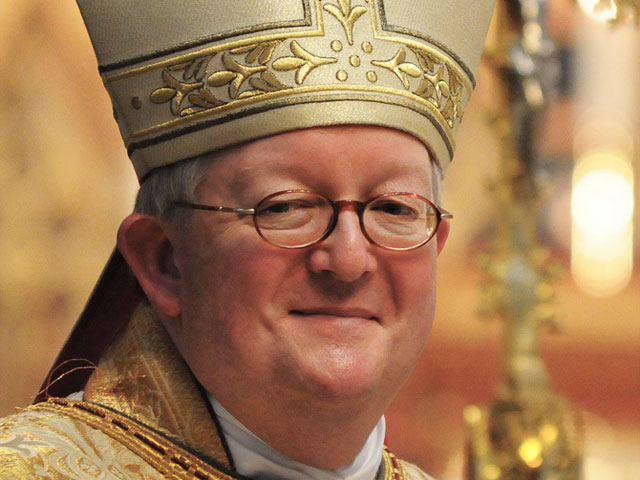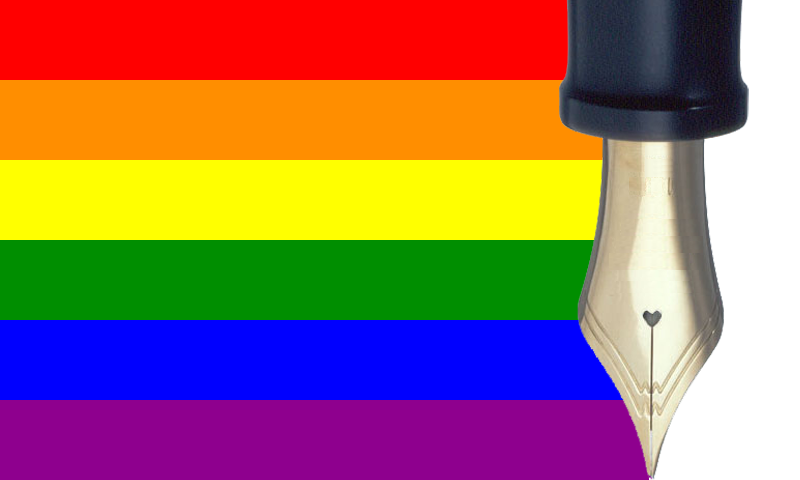At this point, I am not sure what the Rev. Steven Furtick was thinking when he declined that interview request from NBC Charlotte, which was researching a report about those mass, quickie baptism services at his Elevation megachurch.
It’s possible that he genuinely distrusted this news outlet and reporter Stuart Watson, even though the station claims it made the following offer:
Elevation Pastor Steven Furtick asked me for a face-to-face, off-the-record meeting with me to ask me not to run this report. I spent an hour on the telephone and two more hours in person discussing my reporting, his church and his concerns. Pastor Steven said I have been unfair and this report in particular would hurt Elevation Church members.
I asked Pastor Steven to consent to an unedited, on-camera interview.
I offered to let Elevation’s cameras record the interview. I offered to stream the interview in its entirety online. I offered to air a half-hour unedited interview on television. And WCNC held this report while waiting for Pastor Steven to respond.
The church’s leadership team responded with a printed public-relations statement.
It’s possible that the Elevation team genuinely thought that this wall-of-silence approach — a classic religious organization gambit — was the quickest way to make an unwanted story go away. Yeah. Right.
Obviously, that isn’t what happened. Check out this Google search.
Included in that digital wave was 6,000 or so social-media connections to my original GetReligion post on the story, which actually offered a mild, theoretical defense of the church, noting (with a nod to Billy Graham history) what may have been going on those staged baptism services. Click here for a refresher course on that.
So who were those 15 plants in the congregation, those church volunteers whose job was to immediately move forward in response to the altar call, taking the longest, most visible route possible? What does it mean that the instructions for their work told them to join the “celebration team” down front? Were they counselors? Were they mere back slappers who — to newcomers in the crowd — appeared to be ready for baptism?
Are we talking about a megachurch event with careful staging or tactics that were truly deceptive? I am still not sure that we know, at this point. I do know that free-church evangelicals are free to do pretty much whatever they want to do when it comes to doctrine and worship. Instant baptisms? That makes my skin crawl (as a former Southern Baptist deacon who is now Eastern Orthodox), since the ancient church baptized people after long, careful preparation as catechumens.
Meanwhile, the online debates continue and host Todd Wilken and I discussed the fallout from that NBC Charlotte report during this week’s GetReligion “Crossroads” podcast. Click here to listen in.
I am still pondering Furtick’s decision to decline the NBC interview request, under the conditions offered. However, all of this reminded me of a discussion long ago here at GetReligion focusing on a showdown between Archbishop Charles Chaput (a friend of mine for many years) and The New York Times.
Frankly, it seems to me that NBC Charlotte offered Furtick precisely the arrangement that I once recommended to religious leaders who were facing a potentially hostile or uncomfortable media interview. Here is what I wrote a decade ago:
During my days at the Charlotte Observer, I had quite a few tense interviews with Southern Baptists. This in not surprising in a major New South city in the early years of the great Southern Baptist Civil War.
While in Denver, I had many tense interviews with United Methodists, Presbyterians and other oldline Protestants. This is not surprising in a progressive Western city during the era of oldline Protestant decline, in terms of numbers and social clout.
I learned a lesson in both settings. When facing hostile sources, urge them to tape the interview for themselves. That way, you have a tape and they have a tape. Everyone knows that everyone else knows what everyone said during the interview. In effect, you are saying: I am doing everything I can to be accurate and fair. If you feel I have misquoted you, then you can play this tape to my editor. Now can we talk?
The bottom line: Tape unto others as you would want them to tape unto you.
I wrote that post after The New York Times ran a piece that Chaput thought turned his discussions of Catholic doctrine and public life into blunt pro-GOP talking points.
The archbishop — then in Denver, now in Philadelphia — responded by posting a full transcript of the interview (.pdf here), complete with the reporter’s comments and questions — on his own website. He urged readers to read the Times report and then read the transcript before making up their own minds about whether his words had been twisted or, at the very least, yanked out of context. In other words, he added verbatim information to the debate.
The powers that be at the Times were not amused.
Chaput also decided to stop granting interviews with the Times, a decision that I have questioned. I think he should continue to talk to selected Times reporters, with his own digital recorder running. Then he can post the results. The goal is to keep adding information to the marketplace of ideas.
The connection to the Elevation Church story is obvious. Why did Furtick decline the unedited, posted interview? There is no question that this makes it appear that he had something to hide.
So here is my question to GetReligion readers: How do you think religious leaders should handle these kinds of interviews? I am especially interested in knowing what working journalists think of this tape-and-transcribe (or YouTube) option.
EDITOR’S NOTE: I realize that many GetReligion readers — especially working journalists — despise or at the very least distrust the Disqus comments system that Patheos attaches to all weblogs that operate on this platform. At this point there is nothing I can do about that. So journalists, if you oppose the digital ties that bind in Disqus, please send me your comment through our COMMENT link and I will add your remarks to the discussion that I hope takes place.











